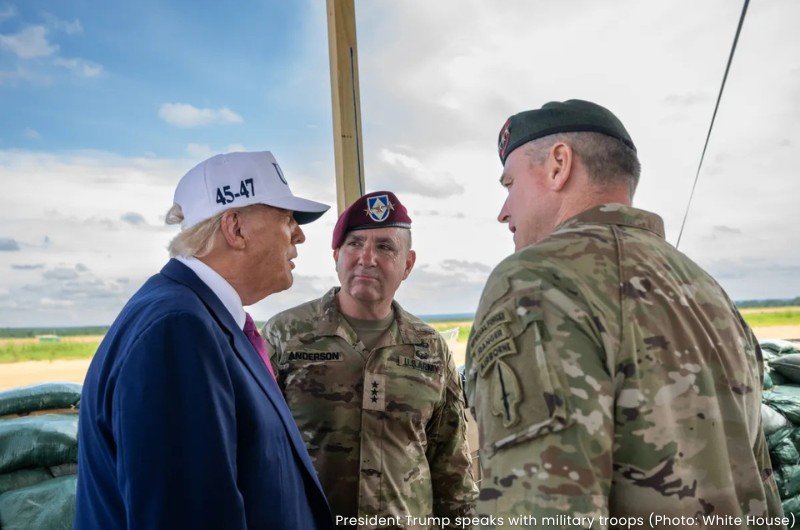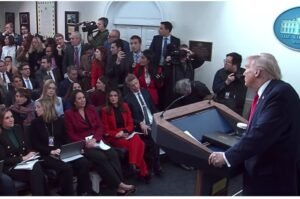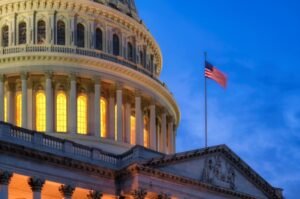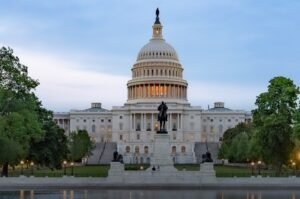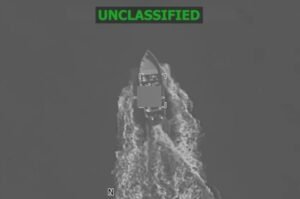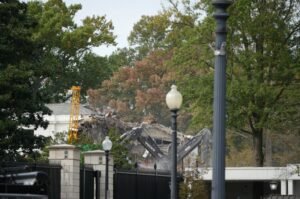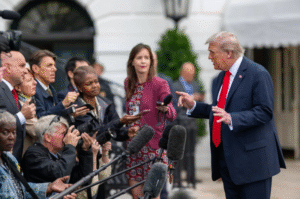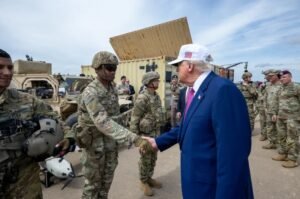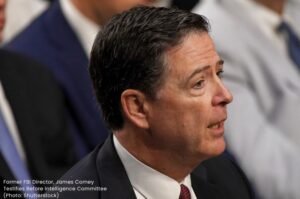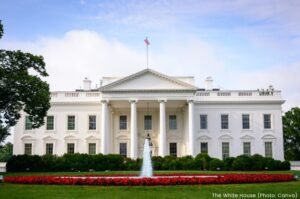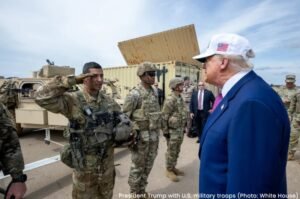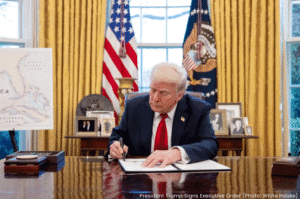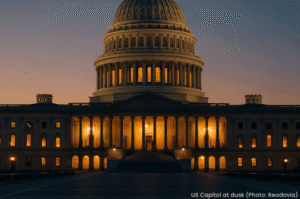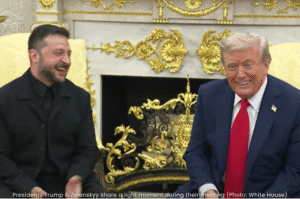As the Trump administration moves to deploy National Guard troops in major Democratic-led cities, federal judges in Oregon and Illinois have issued conflicting rulings. The standoff raises constitutional questions about the limits of presidential power, the Insurrection Act, and state authority.
The Legal Flashpoint
The Trump administration’s decision to deploy federally controlled National Guard troops to select Democratic-led cities has ignited a constitutional clash that’s already dividing the courts.In Oregon, a federal judge issued a temporary restraining order halting the deployment, ruling that the administration’s justification failed to meet constitutional standards and encroached on the state’s right to self-governance.In Illinois, however, a different federal judge declined to immediately block the administration’s plan, allowing troop movements into Chicago to proceed while the state’s lawsuit continues. The contradictory rulings now set up a potential Supreme Court battle over how far executive authority can go.The Administration’s Argument
The White House argues it has both the legal and constitutional authority to protect federal assets and enforce national law, pointing to provisions within Title 10 of the U.S. Code that allow limited federal intervention when the enforcement of federal law becomes “impracticable.”Officials say deployments are necessary to reinforce federal personnel and safeguard property amid what they describe as escalating threats to public order. Critics, however, call the move a political overreach — one that blurs the line between national defense and domestic law enforcement.The Legal and Constitutional Divide
Oregon’s ruling emphasized state sovereignty and warned of executive overreach, while the Illinois case focused on the federal government’s right to act when national interests are at stake.The key legal questions hinge on three foundational statutes:- 10 U.S.C. § 12406 — which allows the president to federalize state National Guard units only in extreme circumstances such as rebellion or obstruction of federal law.
- The Posse Comitatus Act — which restricts the use of military forces in domestic law enforcement.
- The Insurrection Act of 1807 — a long-standing measure permitting the president to deploy troops during insurrections or violent disruptions that prevent federal law from being executed.
Threat of Insurrection Act Looms
President Trump has publicly suggested invoking the Insurrection Act if court challenges continue to stall deployments — a move that would immediately escalate the confrontation.When Federal Troop Deployments Are — and Aren’t — Legal
When They Can Be Deployed
- Insurrection or Rebellion — when a state faces a rebellion or uprising that prevents enforcement of federal law.
- Obstruction of Federal Law — if ordinary policing becomes impracticable and national law enforcement is unable to function.
- Protection of Federal Property or Personnel — to defend federal buildings or employees facing imminent threats.
- State Request or Consent — when governors voluntarily request federal assistance during natural disasters or large-scale unrest.
When They Can’t Be Deployed
- Routine Crime or Protest Response — ordinary law enforcement issues and peaceful protests remain state responsibilities.
- Without Legal Basis or State Consent — deploying troops without proper statutory authority or consent violates constitutional limits on federal power.
- Direct Law Enforcement by Troops — even when deployed, soldiers cannot arrest civilians or enforce local laws without a formal suspension of Posse Comitatus.
- Political Intimidation or Retaliation — using military force to target political opponents or dissenting jurisdictions would constitute an abuse of power.
The Stakes
The restraining order in Oregon remains temporary, while Illinois continues its legal challenge. Both cases are expected to advance quickly, as courts grapple with defining the limits of federal control over state-based military forces.If the president invokes the Insurrection Act, it would mark one of the most significant tests of executive power in modern American history — and could set a precedent that reshapes the relationship between the federal government and the states for decades to come.Legal observers warn that while presidents have broad authority to act in emergencies, such powers were never meant to become tools of political will. The coming weeks will determine whether this deployment stands — or whether the courts draw a hard line on domestic military power.The Author

Ellis Grant
Staff Writer, Readovia

